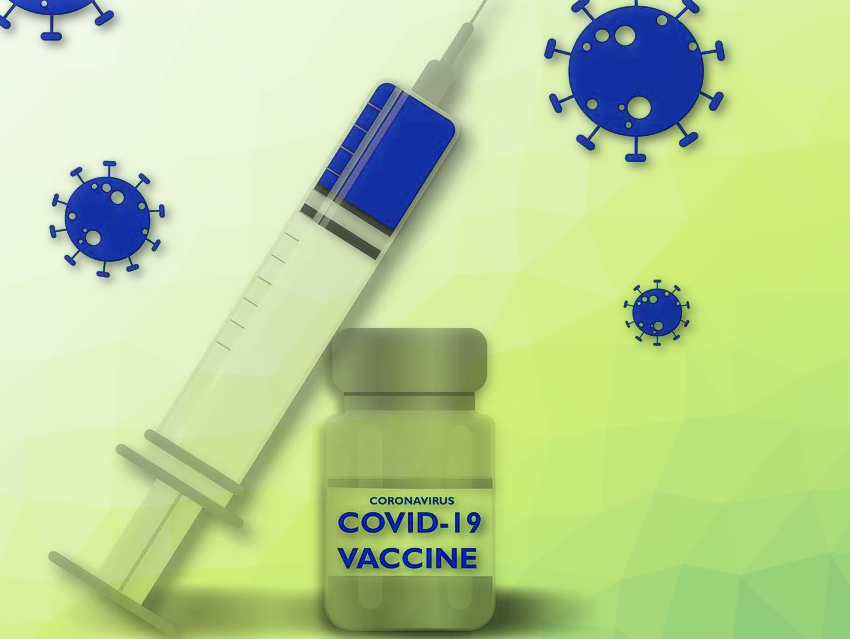Preliminary preclinical data in a rat model show that the second-generation COVID-19 vaccine candidate CV2CoV induces high levels of antigen production as well as strong and dose-dependent immune responses in vaccinated animals. This vaccine was developed to further increase vaccine efficacy and to make it more efficient against different variants.
CV2CoV is based on a new mRNA backbone that differs from CureVac’s first-generation vaccine candidate CVnCoV. CVnCoV is an optimized, non-chemically modified mRNA encoding the prefusion-stabilized full-length SARS-CoV-2 virus spike protein and is formulated in lipid nanoparticles (LNPs). CVnCoV is currently being tested in Phase 2b/3 trials evaluating the efficacy, safety, and immunogenicity.
The vaccines differ in their non-structural elements flanking the open reading frame, i.e., the 5′ and 3′ untranslated regions (UTRs) and the 3′ tail. These changes improve intracellular RNA stability and translation. This increases and prolongs protein expression, thereby improves immunogenicity. This optimization potentially enable strong immune responses at low doses, which will support the development of multivalent vaccines against rapidly spreading COVID-19 variants. Preclinical data in rats immunized with CV2CoV in the dose range of 0.5-40 µg showed rapid onset of strong immune responses after the first dose. The serum of animals vaccinated with CV2CoV showed significant cross-neutralization against variants first discovered in Denmark (B.1.1.298), the UK (B.1.1.7), and South Africa (B.1.351).
CV2CoV is a co-development between CureVac and GSK. The first clinical trials for CV2CoV are expected to start in the third quarter of 2021.
- CureVac N.V., Tübingen, Germany
- GlaxoSmithKline plc (GSK), Brentford, UK
- CV2CoV, an enhanced mRNA-based SARS-CoV-2 vaccine candidate, supports higher protein expression and improved immunogenicity in rats,
Nicole Roth, Jacob Schön, Donata Hoffmann, Moritz Thran, Andreas Thess, Stefan O. Mueller, Benjamin Petsch, Susanne Rauch,
bioRxiv 2021.
https://doi.org/10.1101/2021.05.13.443734
The research has been published as a preprint and has not yet been peer-reviewed.
Also of Interest
- Interview: Interview with Ingmar Hoerr, Pioneer of mRNA Technology and Founder of CureVac
ChemistryViews 2021.
As a Ph.D. student, Hoerr discovered that mRNA can be used as a therapeutic vaccine or agent when administered directly into tissues
https://doi.org/10.1002/chemv.202100030 - Collection: SARS-CoV-2 Virus
What we know about the new coronavirus and COVID-19



